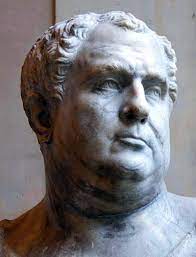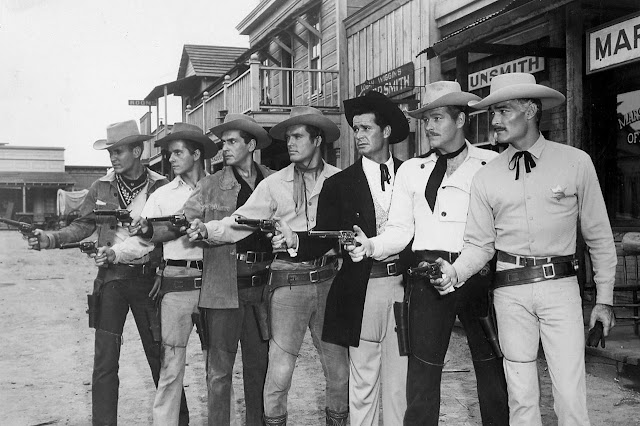Two weeks ago, I attended an interview with Don Winslow at which he was autographing his new novel. During the Q & A, someone asked about his process, which is almost sure to be a question at such events.
Winslow said that he doesn't outline. Dennis Lehane, Tess Gerritsen and many other major writers don't, either. About half the crime writers I know don't, and the other half do, but in different ways. The debate can get pretty heated, but I don't really think it matters.
"Outline" has different meanings for people in different parts of the writing world. I suspect that's part of the cause of many arguments.
Practically everyone who graduated from high school wrote at least one research paper, certainly in English class, and possibly one or more in a social studies class, usually history. I remember having to hand in an outline during the process, in that format with Roman number I, two or more subdivisions, cleverly called "A" and "B." If those were also subdivided (which they usually were), they had to have at least two subdivisions, "1" and "2." If those were subdivided again…
Getting flashbacks yet? I'll bet you took the same ride yourself.
When I taught English, I required an outline, too. The point was to make sure the student worked through the assignment steadily over the six or eight weeks instead of throwing everything together the night before it was due. None of us ever did that, of course.
That outline form is very rigid, good for a persuasive or factual piece with a logical linear organization. Unfortunately, fiction isn't always linear. Stories can involve flashbacks, tangents and misdirection, and they muddy the waters.
Sue Grafton used to write a journal/outline/ideas book while she worked on her novels. She may have worked that way because, before she sold the Alphabet series with Kinsey Milhone, she wrote screenplays for TV movies. She said that her workbook sometimes ended up longer than the actual novel.
Robert Crais oulines, too. Like Grafton, he started in television, writing for Hill Street Blues and being a major force behind Cagney & Lacey. Story boards were routine and he stayed with what he knew. Obviously, it works for him.
When I began my first novel fifty years ago, I didn't outline. I wrote stop and start for a few months, then got busy with grad school and teaching again. When I returned to that 60-page draft several months later, I decided to make a list of characters for the first time. Those 60 pages had over 100 characters, many who only appeared once, and my "story" was a series of tangents, more clang association than plot. I eventually finished that manuscript in about three years, and it was resoundingly, excruciatingly awful.
So were the next two.
When I decided to rewrite the first book as my sixth-year thesis at Wesleyan, I had to convince a professor to become my advisor. For the first time, I built an outline of what I thought that heavily-revised book would become. I listed the four or five events that would occur in each chapter. Years later, I discovered that it resembled Charles Dickens's outlines. Since Dickens serialized his novels in magazines, he need to know where he was going. Below is a sample of his outline for Bleak House.
I used the same format for several unpublished novels. When I attended writing workshops and met other writers years later, I learned of the "outline" agents and editors expected with a query, which isn't an outline, but a summary. Some people called it an outline and some called it a synopsis, but they were basically the same except that an outline is longer. I hated writing a two-page synopsis of the entire novel and I hated a ten-page outline just as much. For years, when people asked why I turned to self-publishing, I told them it was because I didn't want to write another damned synopsis. Ever.
By 2010, I'd published a few short stories but five or six novels accumulated 400 rejections. Then I read John Truby's The Anatomy of Story, which is geared toward screenwriting. I began to view an outline as a story board, and I suspect that Crais's outlines resemble that, too.
The form is especially helpful if you use several POV characters, and my novels often have five or six. Truby's form makes it easy for me to keep track of how much information a character has at any particular moment. It also make it easy to know how much time has passed because I incorporate it into the sequence. I first use the form for The Whammer Jammers, which I saw as a potential film.
Below is the first page of my final outline for Words of Love. The POV character for each scene is in caps. The first version usually took me about two months because plotting is the hardest part of writing for me. I don't have a linear thought process and have to write stuff out before I can tell if it works in that order. I move scenes around and cut them and add new ones as I discover what the story needs. This sample is "I," the ninth version. Some books went as far as version "M" or "N," and I often was halfway throught the first draft of the MS before I had the final chronology set.
There's no right way to outline or NOT outline. But if something isn't working for you, maybe this will give you a plan B or even a plan C.










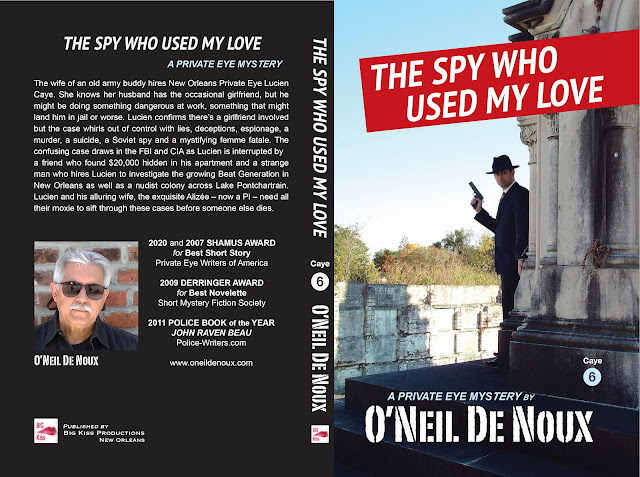


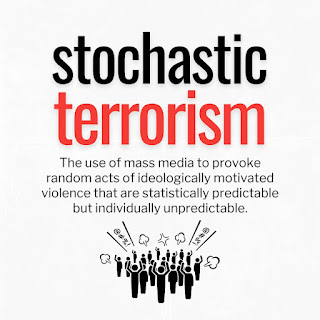

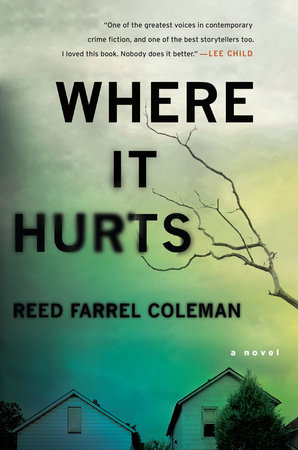






.jpg)









